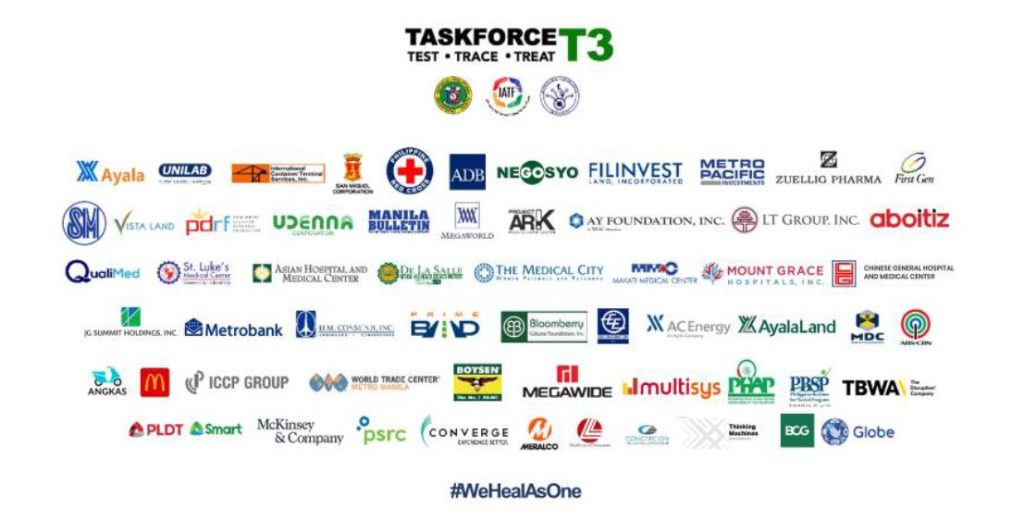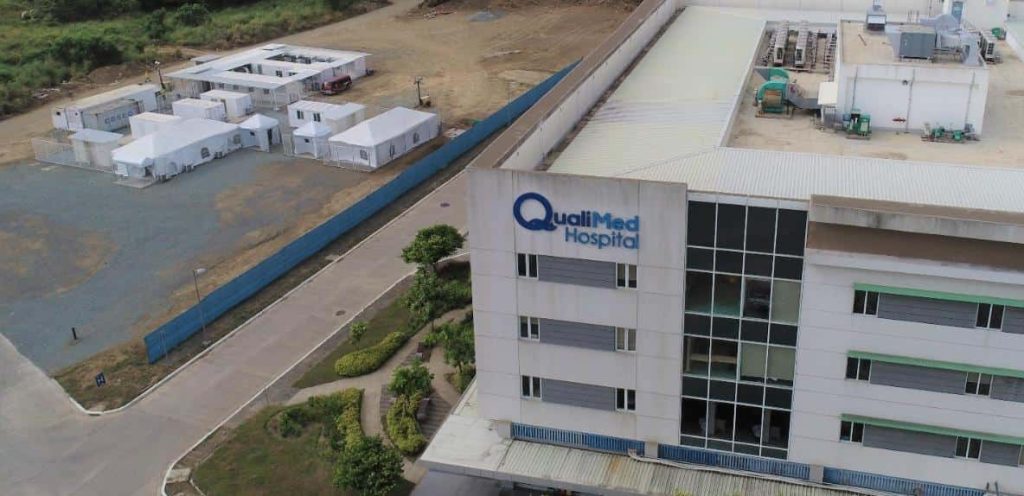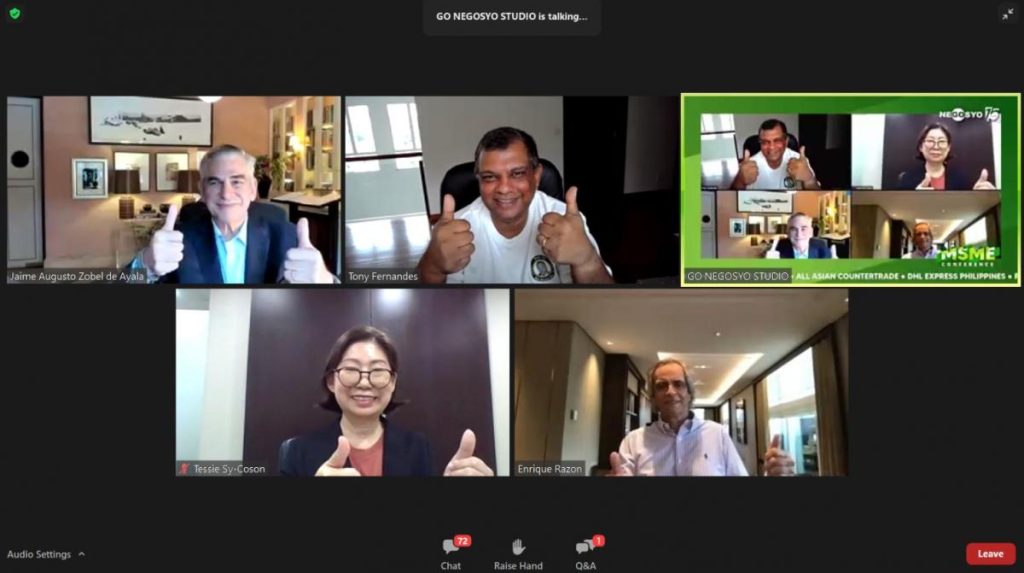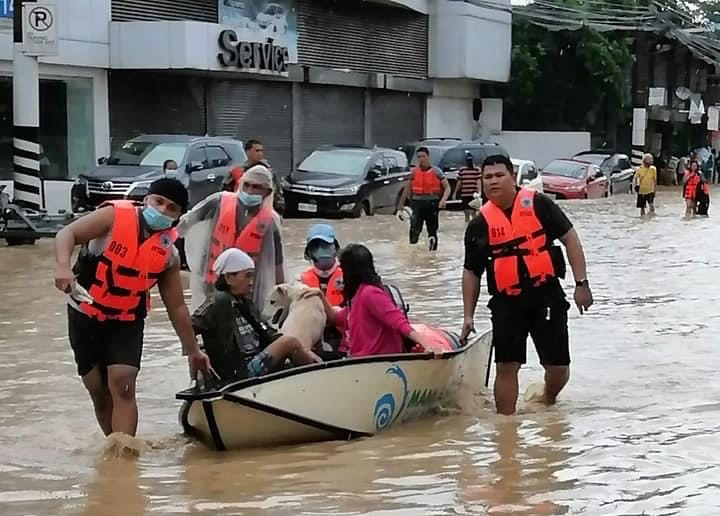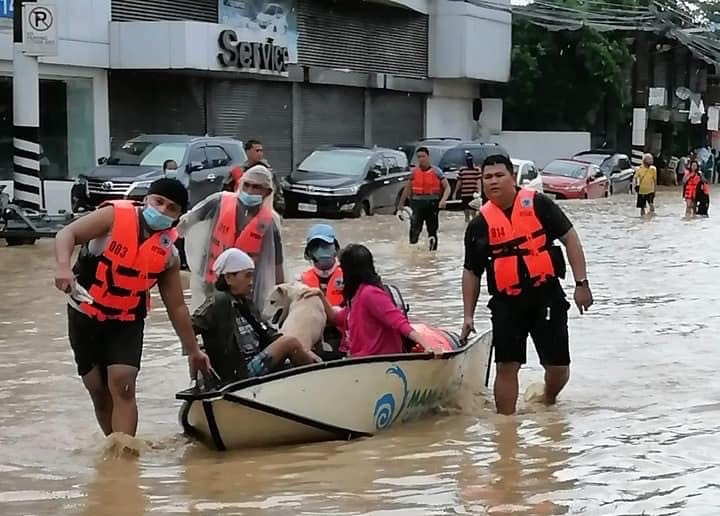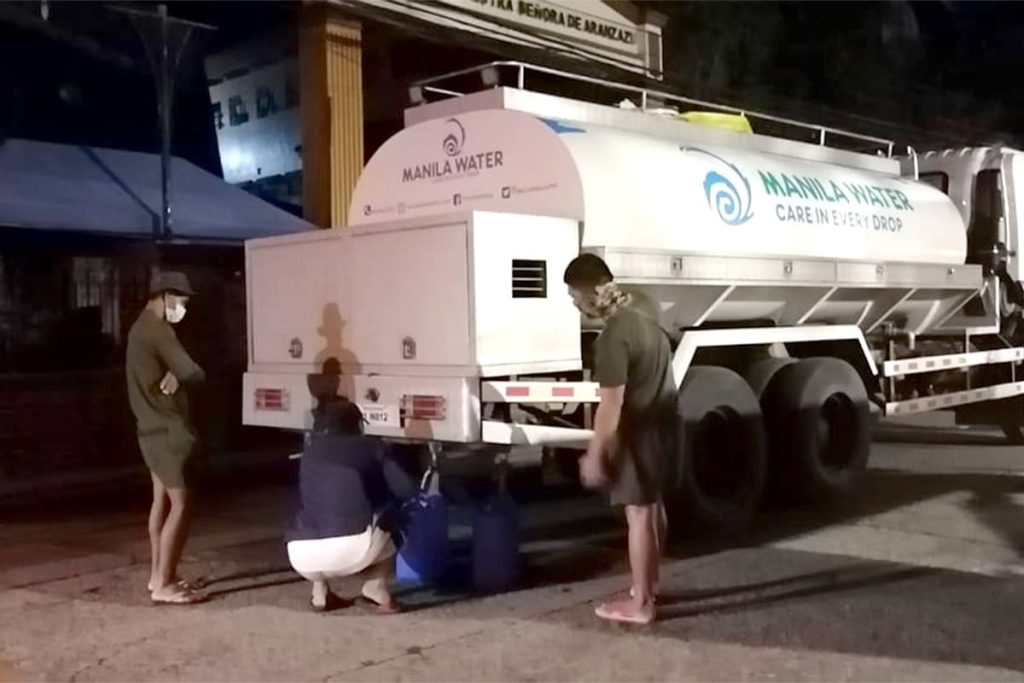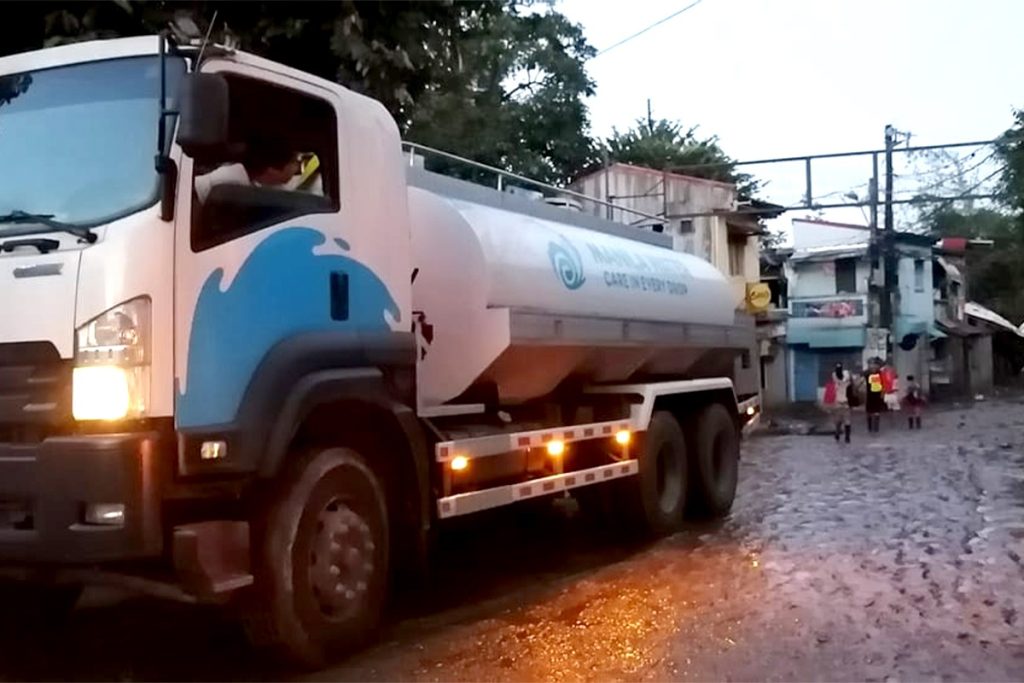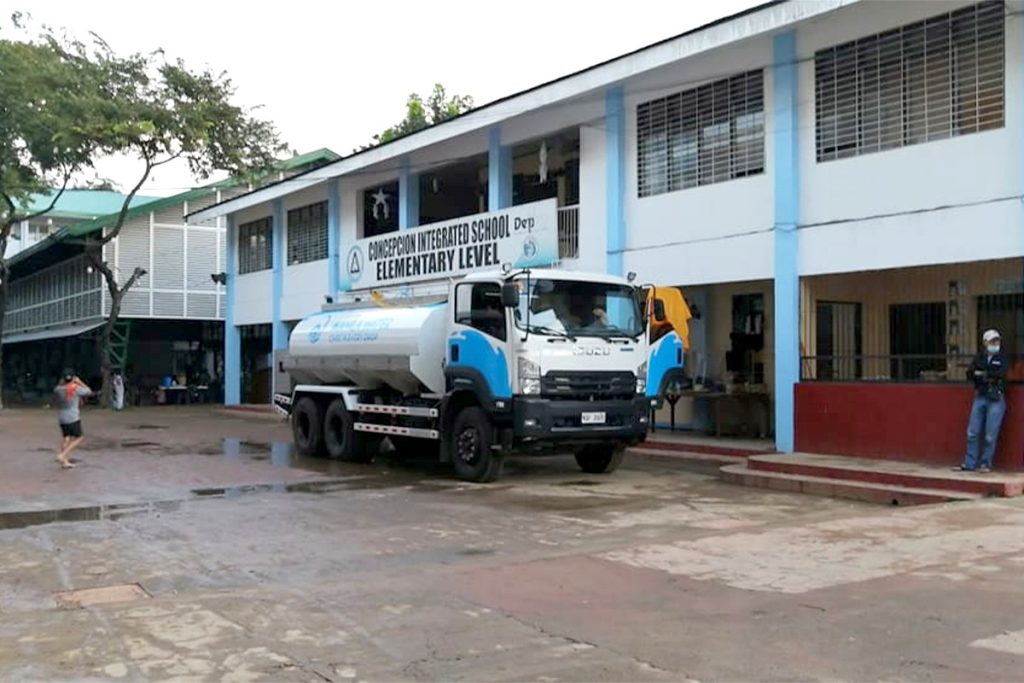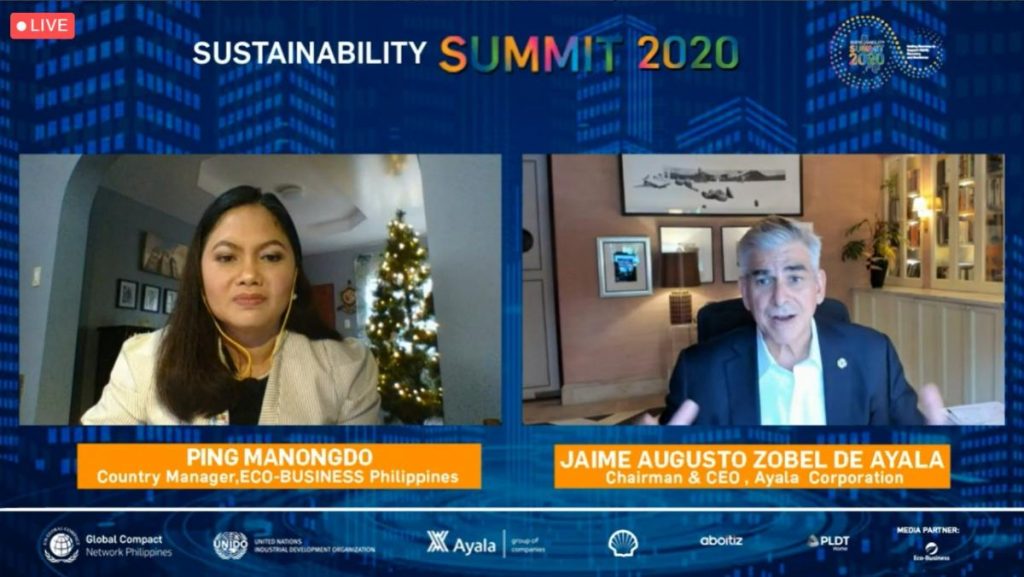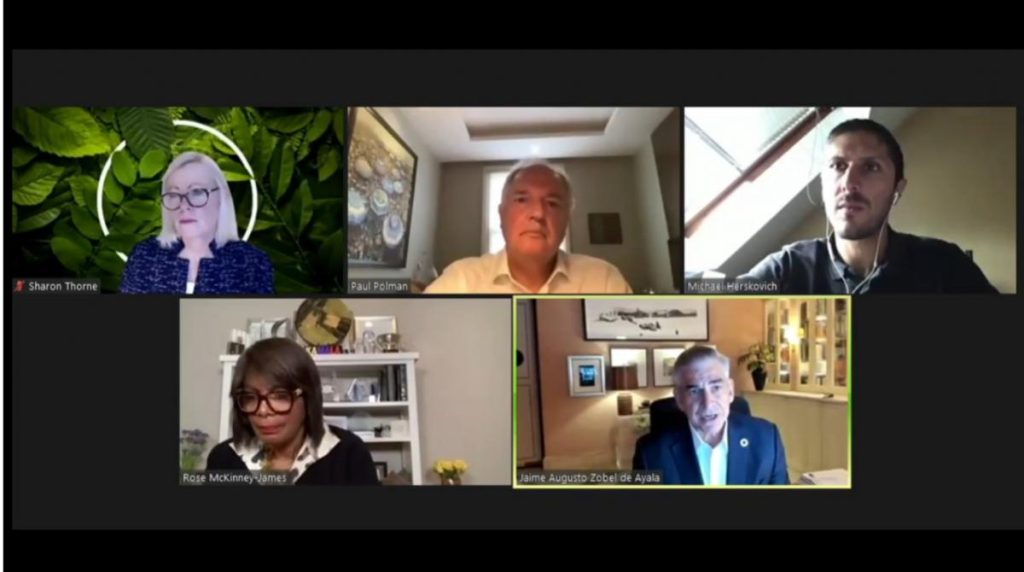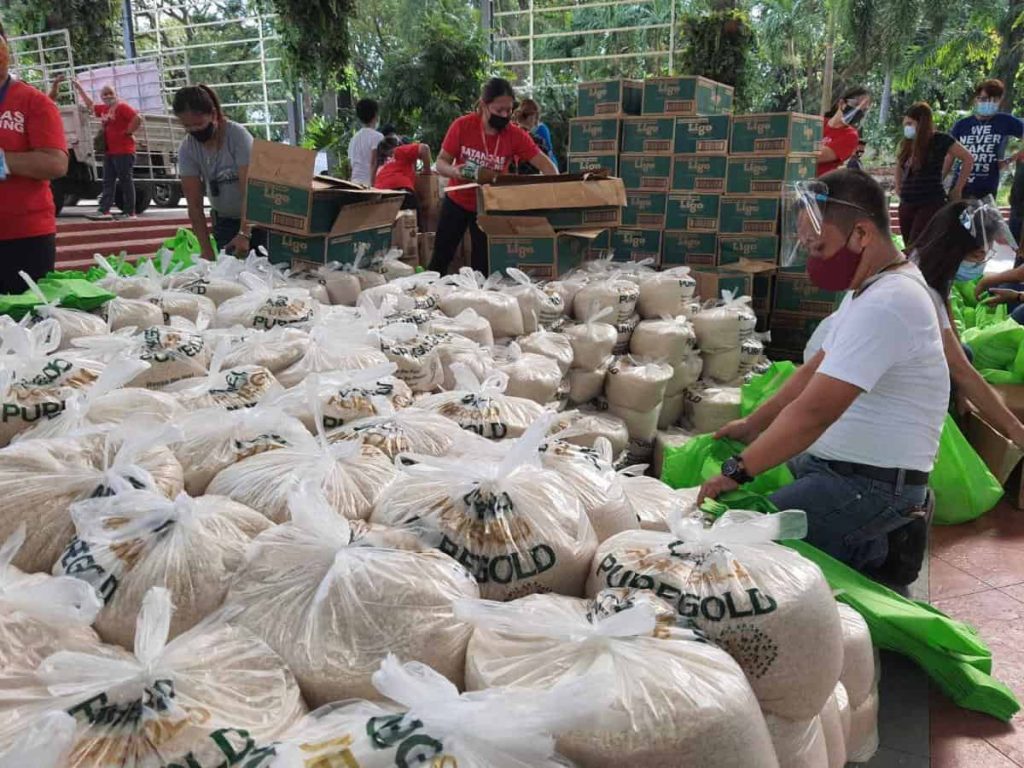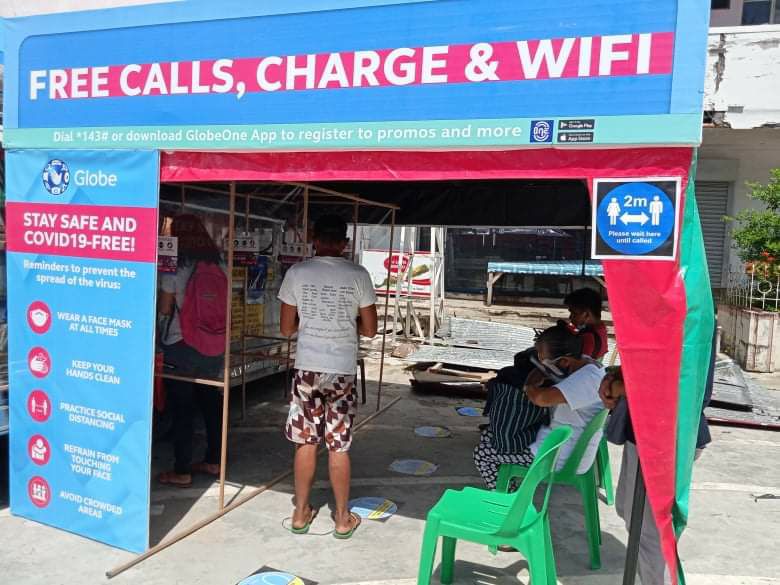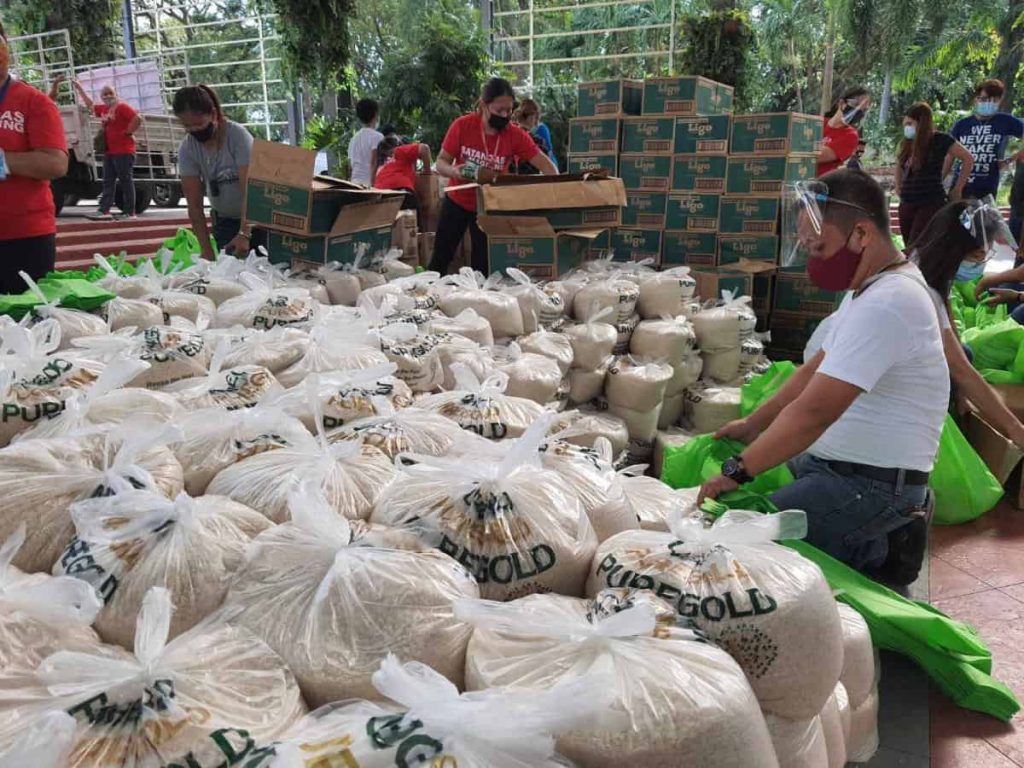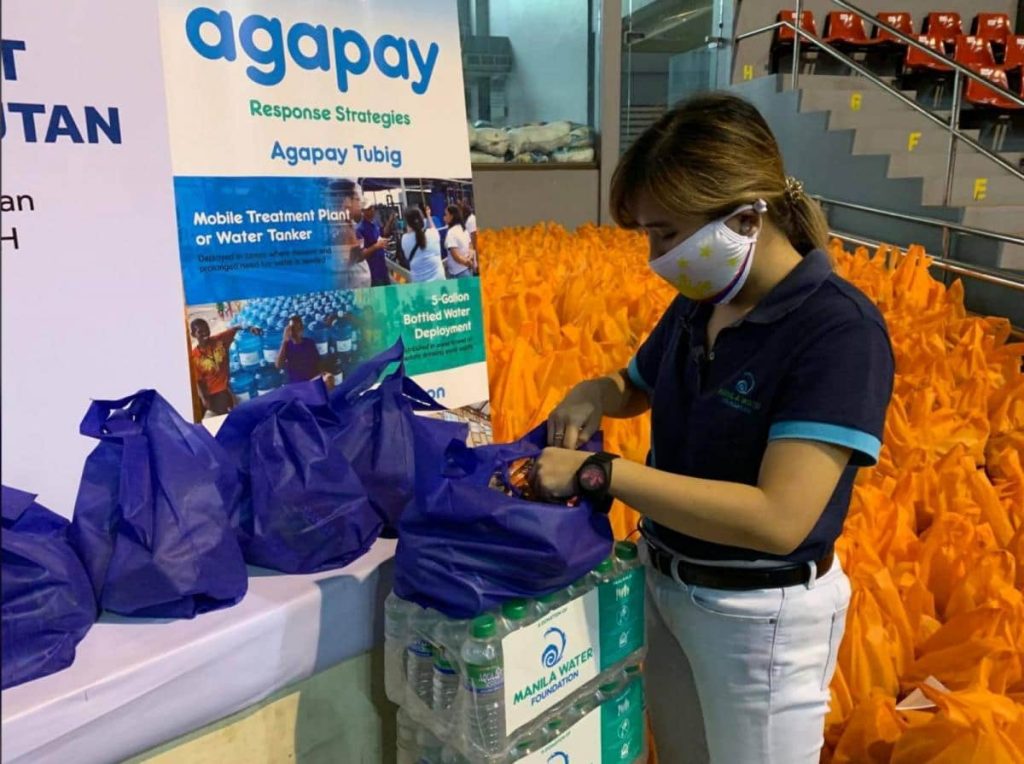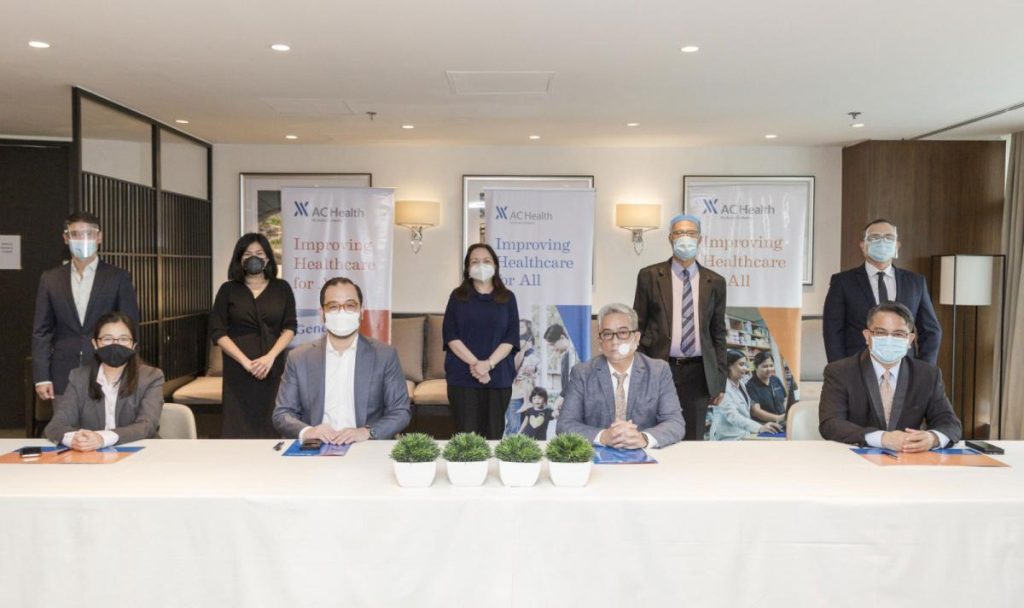Manila, Philippines, November 26, 2020 – Taskforce T3 announced its plans to support the Government in its development and implementation of the Philippine National Vaccine Roadmap, which is being led by National Task Force (NTF) Against COVID-19 Chief Implementer and Vaccine Czar Secretary Carlito Galvez Jr., Health Secretary Francisco T. Duque III and NTF Deputy Chief Implementer Secretary Vince Dizon.
T3 (for Test, Trace, Treat) is the private sector-led initiative that was formed in April 2020 to support the Inter-Agency Task Force on the Management of Emerging Infectious Diseases (IATF-EID), the Department of Health and the NTF in their efforts to combat COVID-19.
T3 is comprised of many of the country’s leading private sector organizations, including both NGOs and business groups. To date, it has helped to strengthen the country’s anti-pandemic capabilities by constructing isolation centers, donating testing equipment and PPEs, helping to launch the One Hospital Command Center and assisting with data management requirements. It has helped to increase the country’s testing laboratories from 17 to 162 testing labs throughout the country.
On the vaccine front, T3 shared last night at a virtual meeting attended by over 400 government and private sector participants, that it will focus its efforts on supporting the Government in the areas of supply chain and distribution logistics.
In particular, T3 members spearheaded by Unilab, Zuellig Pharma, Ayala Corporation’s AC Health and the Philippine Disaster Resilience Foundation (PDRF), will focus on assisting the Government in defining and implementing supply chain management requirements, including technology and communications needs, and leveraging private sector assets to support the roll-out and deployment of vaccines (e.g., healthcare facilities, logistics and cold-chain, technology).
According to Jose Maria A. Ochave, Senior Vice President for Social Partnerships at Unilab, one of the most trusted healthcare companies in the country, “The role of medical professionals in both the government and private sectors is critical to ensure that the public understands the importance of the vaccines, and to ensure their proper deployment. Unilab is committed to working with Government and medical groups to accomplish this.”
Raymund Azurin, Senior Vice President at Zuellig Pharma Asia Pacific, one of the largest healthcare services groups in Asia, added, “We look forward to supporting the Government’s efforts in its implementation of our nation’s COVID – 19 vaccination strategy.”
Several companies that are part of T3 are also participating in the consortium that Presidential Advisor for Entrepreneurship Joey Concepcion is organizing, to donate to the Government vaccines that will be sourced from a leading global pharmaceutical company.
Presidential Advisor for Entrepreneurship Joey Concepcion announced: “On Friday, November 27, we will sign a tripartite agreement to donate vaccines to the government which will augment their ongoing procurement initiatives. We want to send a clear message to the Filipino people, especially our MSMEs, that there is hope, there is a light at the end of this dark tunnel.”
Secretary Galvez added, “This vaccine program will help us re-open the economy and give citizens, workers, and consumers the confidence that everything is being done to keep them safe. I’d like to thank Mr Enrique Razon, SM Group, Lucio Tan Group, Ramon S Ang, Ayala Corporation, Zuellig, Unilab, Philippine Disaster Resilience Foundation (PDRF), Go Negosyo, NGCP, First Philippine Holdings, MVP Group, and all the businesses here for supporting us.”
Secretary Duque stated, “I commend the initiatives of the T3 on the coordinated efforts of the private sector to support the Government to deliver an effective and timely vaccine program. I am deeply humbled and inspired by their devotion to the nation and look forward to more fruitful partnerships.”
Jaime Augusto Zobel de Ayala, Chairman and CEO of Ayala Corporation, a founding member of T3, underscored the importance of continued public-private sector cooperation, “Our commitment extends, beyond our employees and their dependents, to the community at large, prioritizing those most in need. Our task extends, beyond procuring vaccines, towards helping optimize the end-to-end supply chain and distribution logistics. In this next frontier of combatting COVID 19, the private sector remains committed to our partnership with the public sector and, ultimately, to our fellow Filipinos.”
* * *
For more information/questions, and for those seeking to join/support Taskforce T3, please contact:
Bill Luz
Philippine Disaster Resiliency Foundation (PDRF)
Gm.luz@competitive.org.ph
